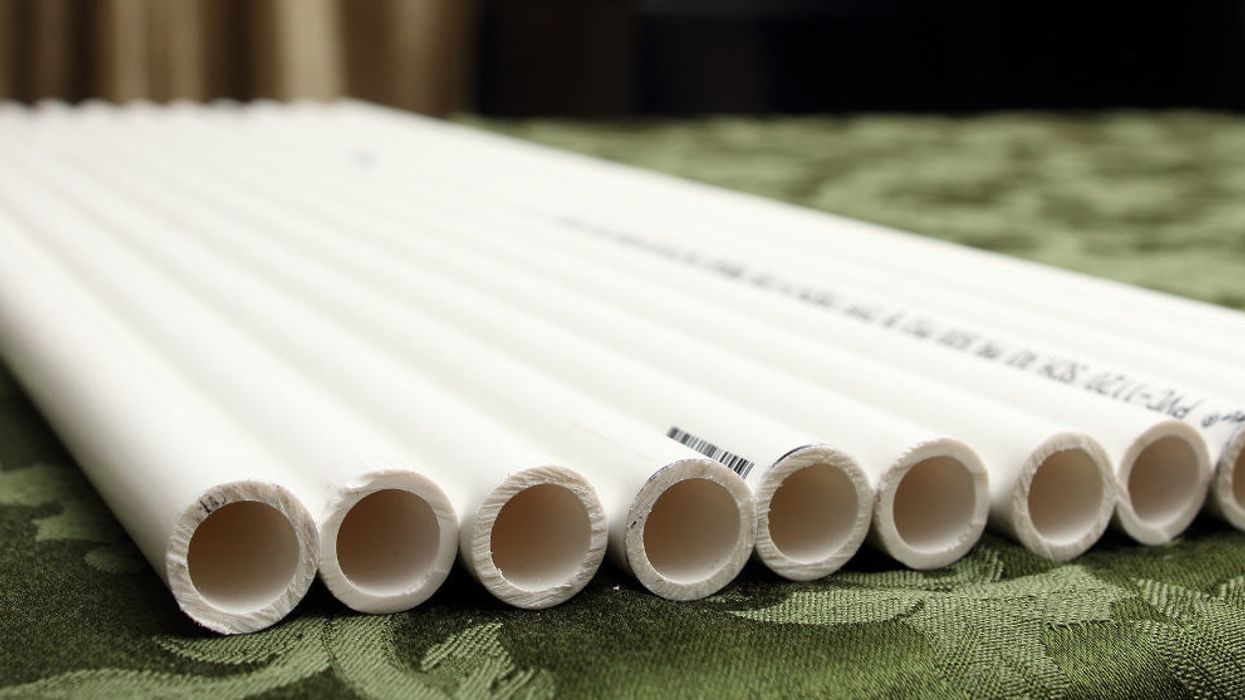Mice exposed in the womb to a chemical used in PVC plastic, door and window frames, blinds, water pipes, and medical devices were more likely to suffer from prediabetes and obesity, according to a study released this week.
The chemical also increased fat accumulation in human stem cells.
The research suggests that the widely used chemical— organotin dibutyltin (DBT)—could be spurring obesity and diabetes and scientists say we should monitor people's exposure since we know so little about the compound.
"We don't really know how exposed we are [to DBT]," lead author of the new study, Raquel Chamorro-García told EHN. García is a postdoctoral researcher at University of California Irvine's Department of Developmental and Cell Biology.
"But it's in so many materials in our houses and we believe most people are exposed and the chemical could be impacting our current diabetes problem," she added.
There have been dramatic increases in both obesity and diabetes rates over the past few decades. About 38 percent of adults in the US—and about 17 percent of children—are now considered obese. More than 30 million people in the US now suffer from diabetes—if you include prediabetes that number jumps to more than 100 million people.
Related: Why are we so fat despite our best efforts?
And, while poor diets and not enough physical activity remain the leading causes, scientists increasingly say this problem goes beyond these obvious culprits. The new study —published this week in Environmental Health Perspectives—is the latest evidence that chemicals in our environment may contribute to these problems—by activating certain receptors, triggering oxidative stress or promoting tissue dysfunction.

Researchers have previously linked certain flame retardant chemicals, BPA, some pesticides, PCBs, and tributyltin (another chemical used in PVC piping) to obesity. DBT, which was tested in the new study, is formed when tributyltin degrades, and it also used on its own in manufacturing.
Scientists at the University of California, Irvine exposed pregnant female mice to DBT. The exposure led to more fat and decreased glucose tolerance in male mice. It's not clear why the link was so profound in male mice but "males and females are metabolically different, we speculate that differences in fat storage might become evident at older ages in females," the authors wrote.
They also examined what effect the chemical had on human stem cells and found increased fat accumulation in exposed cells.
While scientists haven't tested humans for DBT, previous studies found the chemical in house dust and seafood. In addition, a 2009 study estimated humans are exposed to DBT via leaching from PVC water pipes as well.
"The concentrations we used in this study are in the realm of what we'd expect people to be exposed to," García said.
- US lead pipe replacements stoke concerns about plastic and environmental injustice - EHN ›
- EPA begins review of PVC ingredient vinyl chloride, which could lead to restrictions or ban - EHN ›
- Common cooking methods release dangerous chemicals from PVC - EHN ›
- America is replacing its pipes: Is ductile iron pipe a good alternative for plastic? - EHN ›
- Researchers gave people BPA — and saw a link to type 2 diabetes - EHN ›
















